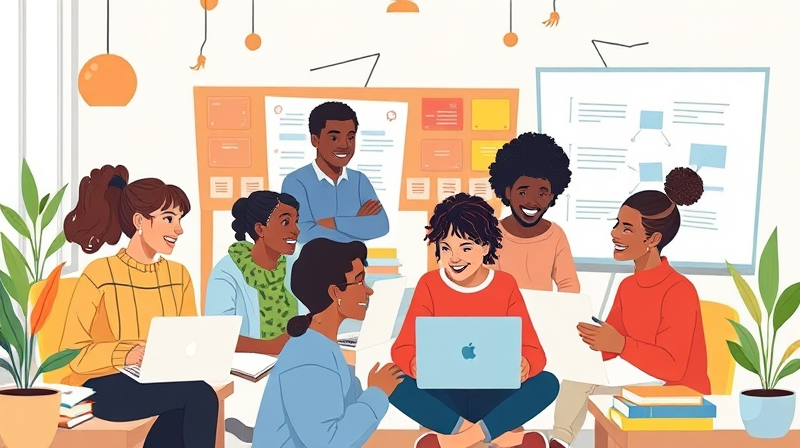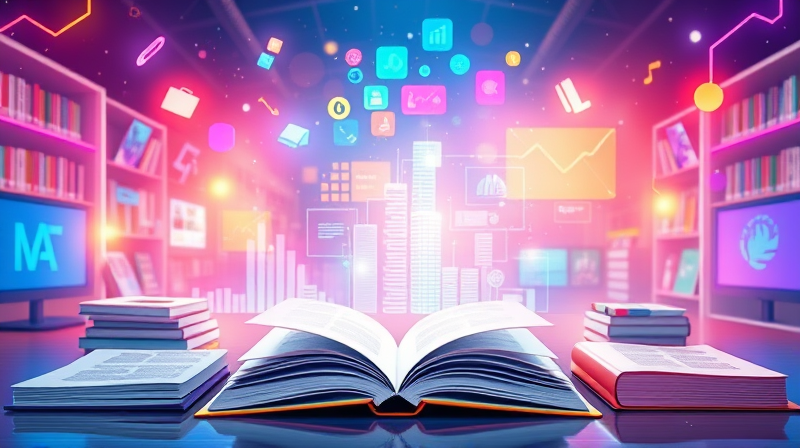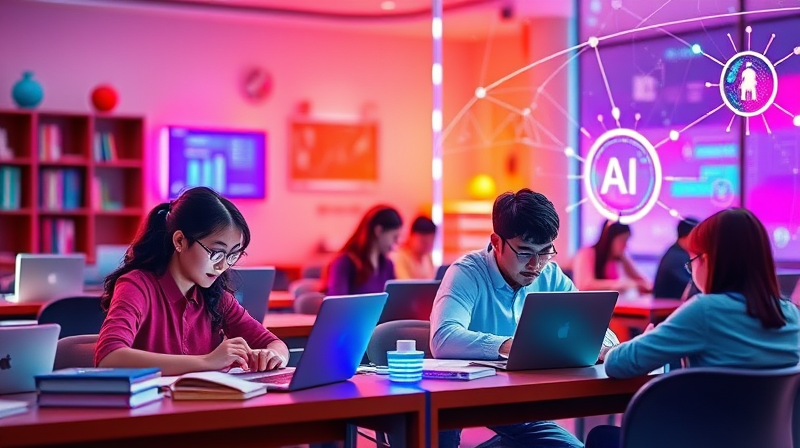Critical thinking is more than just a buzzword in modern education—it is the bedrock upon which innovative ideas and informed decisions are built. Engaging in reading and thoughtful discussion lays a strong foundation for this skill, empowering individuals to navigate the complexities of modern information and social challenges.
Reading is the gateway to building a reflective mind. When individuals immerse themselves in books spanning multiple genres, they are not only absorbing information but actively engaging in a dialogue with the text. This engagement transforms reading into a dynamic process of questioning, analyzing, and connecting ideas.
Harnessing the Power of Reading
Reading encourages us to delve beneath surface meanings and appreciate the layers of context behind words. In the process, key skills are honed:
- Questioning Assumptions: When readers challenge the motives of characters or the arguments within non-fiction texts, they learn to assess the underlying assumptions that shape ideas.
- Evaluating Perspectives: Exposure to diverse viewpoints in literature helps foster an appreciation for multiple sides of any argument, paving the way for well-rounded judgments.
- Connecting the Dots: By relating the content of a book to personal experiences or historical events, readers can uncover patterns and build a more nuanced understanding of the material.
Every book offers a unique opportunity for exploration and introspection, prompting readers to ask, What is really driving the narrative? and How might this idea apply to my life?
As readers continue to dissect diverse texts—from classic literature to contemporary analyses—they are training their minds to think deeply and critically about the world around them. This habit of questioning enhances clarity and enables individuals to approach challenges with a measured, informed mindset.
The Role of Discussion in Deepening Thought
While reading lays the groundwork, discussion takes critical thinking a leap forward. Conversing about new ideas with others can unveil hidden layers of meaning and spur insightful revelations. When people share and challenge their perspectives, they not only reinforce their understanding but also open up to alternate viewpoints.
Active dialogue is a catalyst for intellectual growth. In classroom debates or informal discussions among friends, the exchange of ideas creates an environment ripe for analysis and innovation. This collaborative aspect enables individuals to:
- Analyze Real-World Issues: Conversations about current events or societal challenges build the capacity to draw connections between theory and practice.
- Embrace Diverse Viewpoints: Open discussions encourage individuals to entertain ideas different from their own, fostering empathy and a broader, more inclusive perspective.
- Develop Evidence-Based Arguments: Learning to substantiate opinions with credible sources and logical reasoning is a crucial part of the process.
Group discussions, particularly within educational settings, cultivate a culture where ideas are respectfully challenged and refined. This practice not only bolsters critical thinking but also nurtures the traits of patience, active listening, and resilience.
Strategies to Cultivate a Critical Mind
Parents, educators, and mentors play vital roles in encouraging critical thinking. Creating opportunities for both solitary reading and interactive dialogue can help foster this essential skill set. Here are some practical strategies:
- Active Reading Techniques: Encourage note-taking, highlighting of key ideas, and reflective journaling. This process makes reading an interactive and immersive experience.
- Dynamic Questioning: Introduce probing questions that challenge conventional wisdom. Ask yourself and others, What assumptions are hidden beneath these words? or How might alternative outcomes alter the narrative?
- Exposure to Diverse Materials: Diversifying reading materials to include various genres—ranging from scientific articles to historical chronicles—can broaden analytical horizons and challenge preconceived notions.
- Facilitated Discussions: Utilize debates and think-pair-share exercises in classrooms to promote collaborative learning and open-minded conversation.
- Encouraging Reflection: Set aside regular time for introspection. Reflect on how reading and discussion have reshaped personal opinions and decision-making processes.
Each strategy serves as a stepping stone toward mastering critical thinking. The ability to parse complex ideas and engage in meaningful debate is not only valuable academically but also crucial in everyday life.
The journey to becoming a critical thinker is ongoing and ever-evolving. Every book read and every conversation held adds layers of understanding and refines the mental processes necessary for informed decision-making. As digital landscapes and global information networks become more complex, the need for individuals who can scrutinize and evaluate information thoughtfully has never been greater.
The transformative impact of combining reading with discussion lies in its ability to empower individuals. Through active engagement with text and collaborative exploration of ideas, learners develop a toolkit that serves them in various arenas—from solving workplace problems to contributing meaningfully to societal debates.
In embracing these practices, educators and parents ignite passion, curiosity, and resilience in the quest for knowledge. The act of reading becomes a journey of discovery, while discussion transforms insights into actionable wisdom. Together, these practices equip us to better understand and engage with the complexities of the modern world.
Ultimately, critical thinking is the lantern that illuminates paths to more enlightened choices. In a world overflowing with information, cultivating the skill to discern, analyze, and wisely respond is an invaluable gift. By fostering a symbiotic relationship between thoughtful reading and active discussion, we empower ourselves and future generations to navigate life with clarity, wisdom, and purpose.








